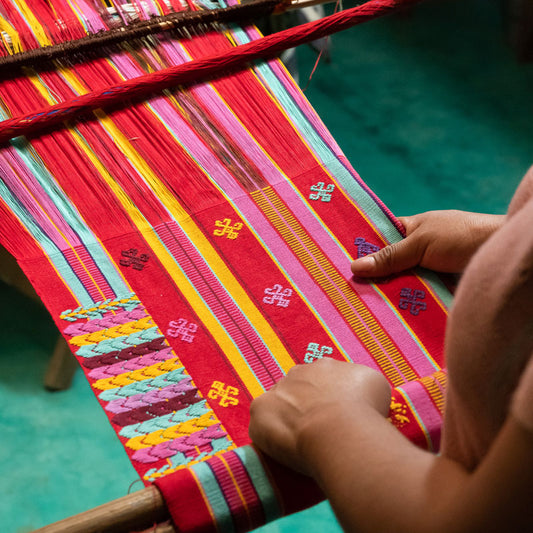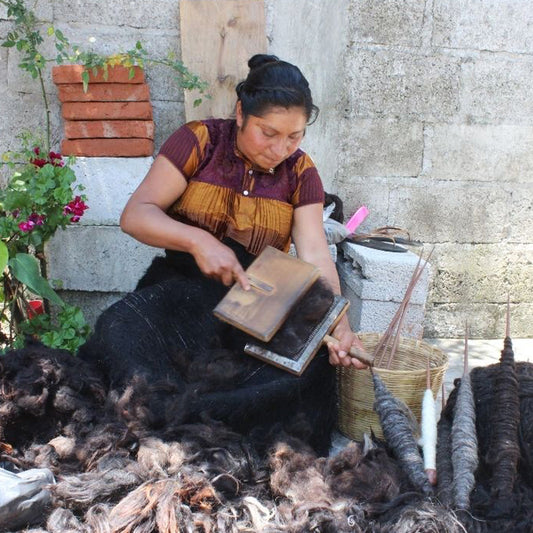New to AKOJO MARKET is upcycled, super stylish, unisex couture suit brand EMEKA Suits. We asked the founder, Berlin fashion scene's "man of the moment", Sydney Emeka Nwakanma, about his influences and inspirations.
What was the inspiration behind EMEKA Suits and who are your inspirations/muses if you have?
The inspiration was to tell a new story. A story where Africa is not portrayed as a place of struggle and suffering, but a place of creativity and resourcefulness. A story about a circular approach to clothing and lifestyle. A story about our globally connected and truly sustainable future.
Can you explain more about the textiles waste situation in Kenya and how you are helping?
The overproduction of clothes from the global north leads to tons of second hand clothing ending up all over Africa. Damaging the local economy, crippling the African textile industry and polluting the environment. We are using these second hand fabrics to create new clothing from them and provide work for local tailors. We are closing the loop.
We would love to know more of your background and the skills that go into making the suits?
I am not necessarily a designer. I am just a creative with a vision. The skills come from the collaboration with the local tailors and other creatives I work with. I see EMEKA as a hub for artisans and creatives of all kind working together to create a unique story through clothing and imagery.
Advice for aspiring young designers and makers?
When you are creating, keep in mind who you are creating for. Ultimately, it is for the well-being of us all. Your work should help us grow, not feed our insecurities.
Trends for 2021 and beyond
I don’t believe in trends. But I do believe that upcycled & recycled clothing is the future.
Here is what Sydney has taught us about our consumption in the West:
“It is a common misconception that donated clothes are freely distributed in developing countries. They get sold to African distributors, who again sell them to local salesmen. The cheap second hand clothes then flood the African markets and prevent the countries to develop their own textile industries, which leads to local tailors loosing their work; a one-sided dependency on the west and a post-colonial power dynamic. Only half of the clothes are in a sellable state, the rest gets dumped without proper waste management, clogging local rivers and polluting the water. Basically we shift the burden of textile waste disposal to countries with the least capacity to deal with it. A solution could come from creative innovation and sustainable business models that use upcycling techniques to turn this one sided trade into a circular trade.”



